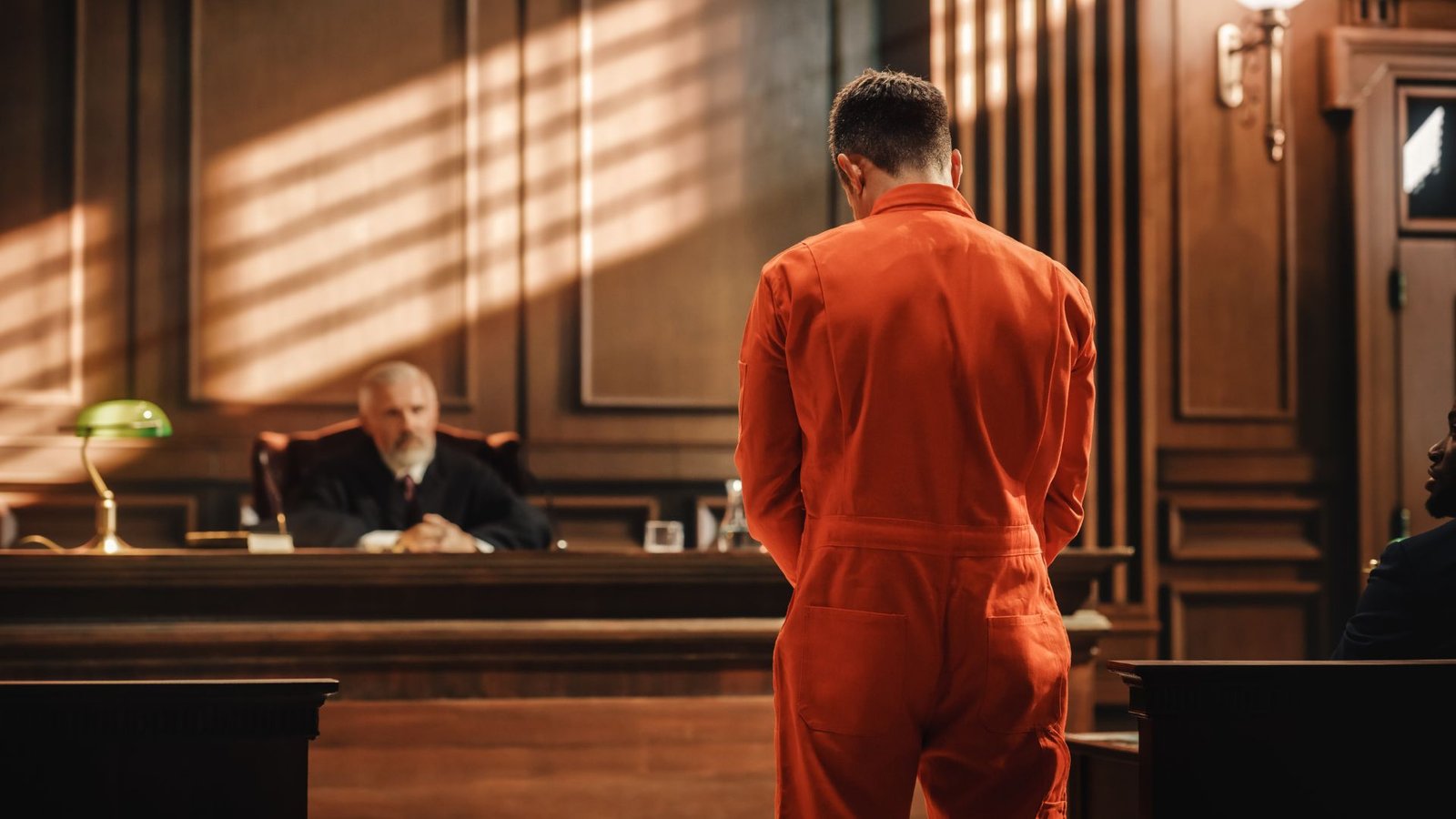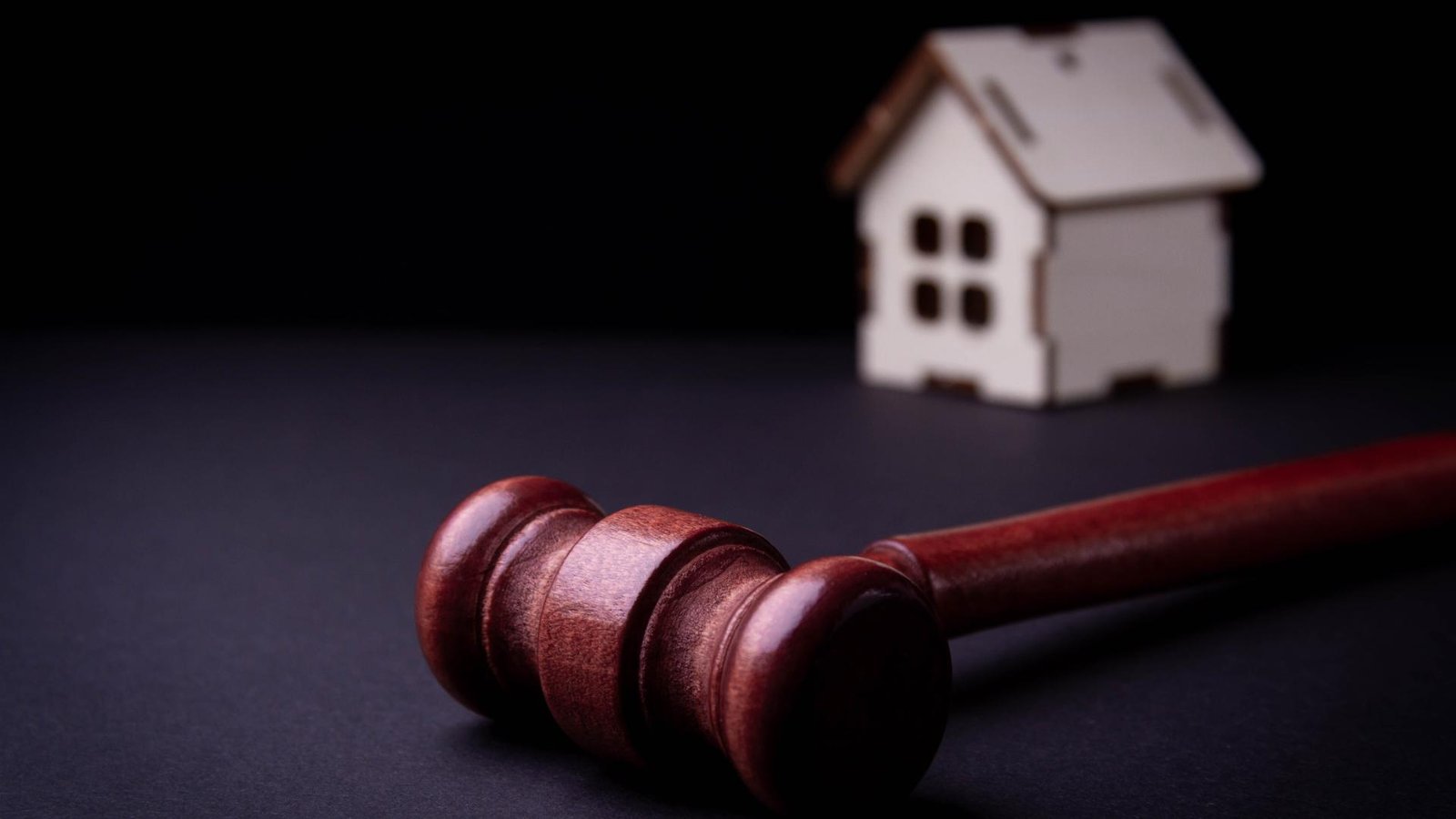On this page you will read detailed information about Stages of Criminal Trial in India.
The criminal justice system in India is designed to uphold the principles of fairness and justice. Criminal trials follow a step-by-step process to ensure that both the accused and the prosecution have a fair chance to present their case. In this comprehensive guide, we will explore the various stages of a criminal trial in India, from the filing of the First Information Report (FIR) to the final judgment and appeal.
Stages of Criminal Trial in India

Stage 1: Filing of the First Information Report (FIR)
The first stage in a criminal trial is the filing of the FIR. This is a written document that contains information about the alleged offense and is submitted to the local police station. The FIR serves as the basis for initiating the investigation and subsequent legal proceedings. It includes details such as the date, time, and place of the offense, the nature of the offense, and the names of the individuals involved.
Stage 2: Investigation and Arrest
Once the FIR is filed, the police begin the investigation process. They visit the crime scene, collect evidence, interview witnesses, and analyze any relevant forensic evidence. If the investigation reveals enough evidence to suggest the involvement of a particular individual, the police may make an arrest. The arrested person is then taken into custody and brought before the court.
Stage 3: Filing of Chargesheet
After the completion of the investigation, the police prepare a chargesheet. This document contains a detailed account of the evidence gathered during the investigation, the charges against the accused, and the names of witnesses. The chargesheet is submitted to the court, and it forms the basis for the trial. It is important to note that the accused has the right to obtain a copy of the chargesheet to prepare their defense.
In the previous post, we had shared information about Hierarchy of Courts in India and Judicial System, so read that post also.
Stage 4: Framing of Charges
Upon receiving the chargesheet, the court examines the evidence and decides which charges to formally bring against the accused. The accused is informed about the charges and has the opportunity to respond. They can also seek legal representation for their defense. The purpose of this stage is to ensure that the accused is aware of the charges against them and can prepare their defense accordingly.
Stage 5: Examination of Witnesses and Cross-Examination
During the trial, the prosecution presents its witnesses, who provide their testimonies under oath. The defense counsel then cross-examines these witnesses to test the credibility of their statements and challenge the evidence presented. This stage is crucial as it allows both sides to present their arguments and question the reliability of the evidence.
Stage 6: Presentation of Evidence and Arguments
Both the prosecution and the defense have the opportunity to present their evidence and arguments before the court. The prosecution seeks to prove the guilt of the accused beyond a reasonable doubt, while the defense aims to establish reasonable doubt or question the credibility of the prosecution’s case. This stage involves the presentation of documents, expert opinions, and any other relevant evidence to support the arguments put forth by both parties.
Stage 7: Closing Arguments and Judgment
After the presentation of evidence and arguments, both the prosecution and the defense make their closing statements, summarizing their positions. The judge carefully considers all the evidence, arguments, and legal aspects of the case before delivering the final verdict. The judgment can result in the acquittal or conviction of the accused, followed by the imposition of an appropriate sentence.
Stage 8: Appeal and Revision
If any party is dissatisfied with the judgment, they have the right to challenge it by filing an appeal. Higher courts, such as the High Court or the Supreme Court, review the case to determine if any errors or miscarriages of justice occurred. Additionally, the aggrieved party may also file a revision petition for the higher court to review the legality, regularity, or propriety of the lower court’s decision. This stage provides an opportunity for a fresh examination of the case to ensure justice is served.
Conclusion
The stages of a criminal trial in India follow a structured process to ensure fairness and justice. From the filing of the FIR to the final judgment and appeal, each stage plays a crucial role in examining the evidence, questioning witnesses, and presenting arguments. The Indian legal system values the principle of “innocent until proven guilty” and strives to conduct trials in a transparent and impartial manner. By understanding the various stages of a criminal trial, individuals can have a better grasp of the legal process and their rights within it.
Disclaimer
The information and services on this website are not intended to and shall not be used as legal advice. You should consult a Legal Professional for any legal or solicited advice. While we have good faith and our own independent research to every information listed on the website and do our best to ensure that the data provided is accurate. However, we do not guarantee the information provided is accurate and make no representation or warranty of any kind, express or implied, regarding the accuracy, adequacy, validity, reliability, availability, or completeness of any information on the Site. UNDER NO CIRCUMSTANCES SHALL WE HAVE ANY LIABILITY TO YOU FOR ANY LOSS OR DAMAGE OF ANY KIND INCURRED AS A RESULT OR RELIANCE ON ANY INFORMATION PROVIDED ON THE SITE. YOUR USE OF THE SITE AND YOUR RELIANCE ON ANY INFORMATION ON THE SITE IS SOLELY AT YOUR OWN RISK. Comments on this website are the sole responsibility of their writers so the accuracy, completeness, veracity, honesty, factuality and politeness of comments are not guaranteed.
So friends, today we talked about Stages of Criminal Trial in India, hope you liked our post.
If you liked the information about Stages of Criminal Trial in India, then definitely share this article with your friends.
Knowing about laws can make you feel super smart💪 ! If you find value in the content you may consider joining our not for profit Legal Community ! You can ask unlimited questions on WhatsApp and get answers. You can DM or send your name & number to 8208309918 on WhatsApp









